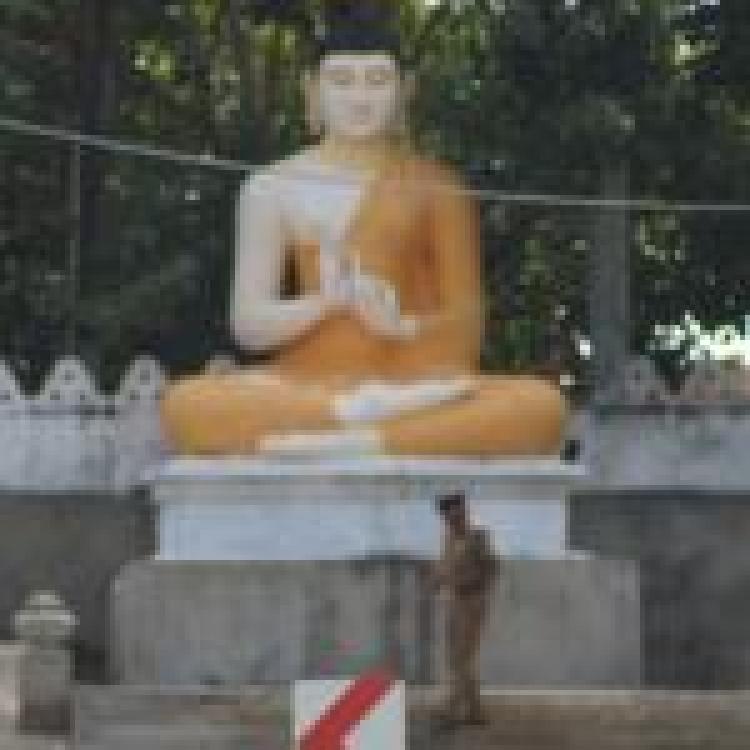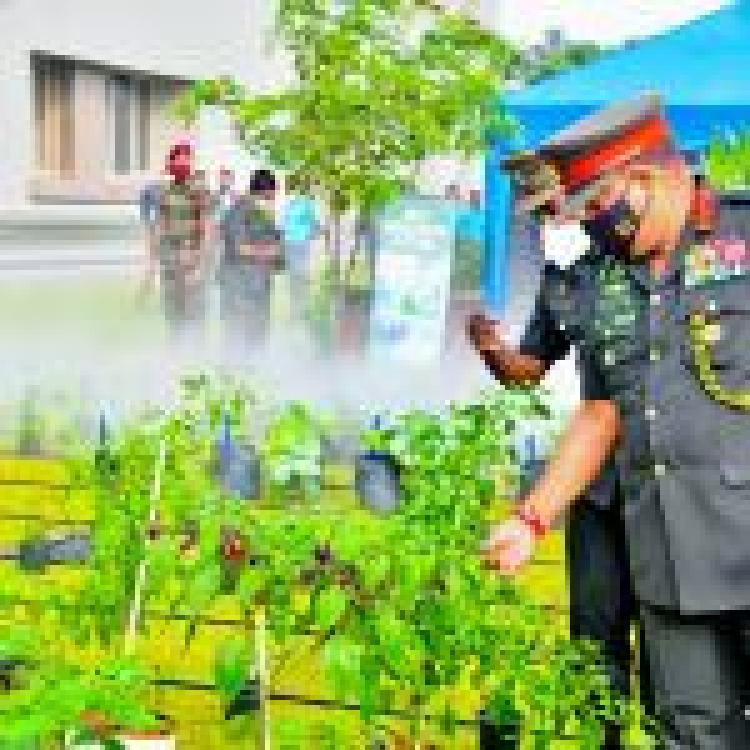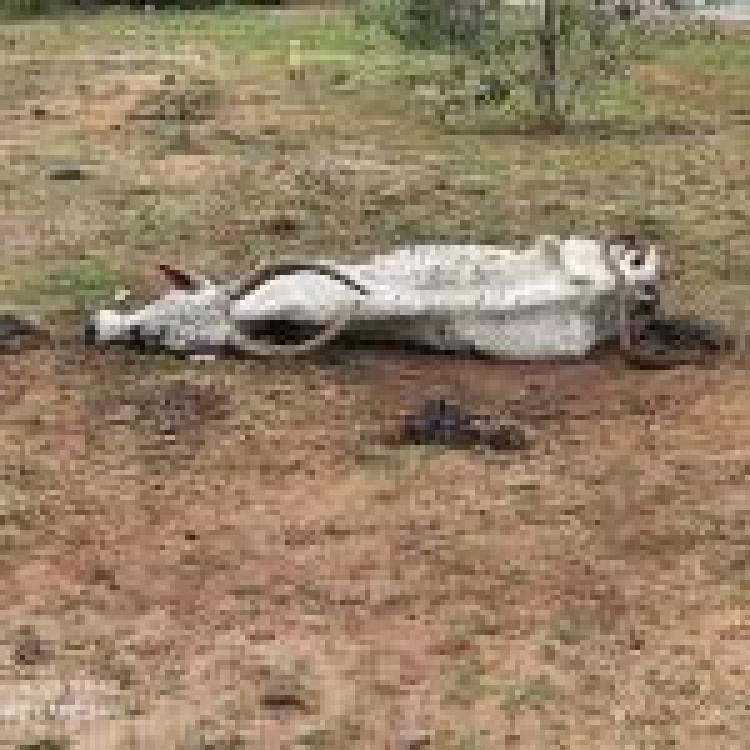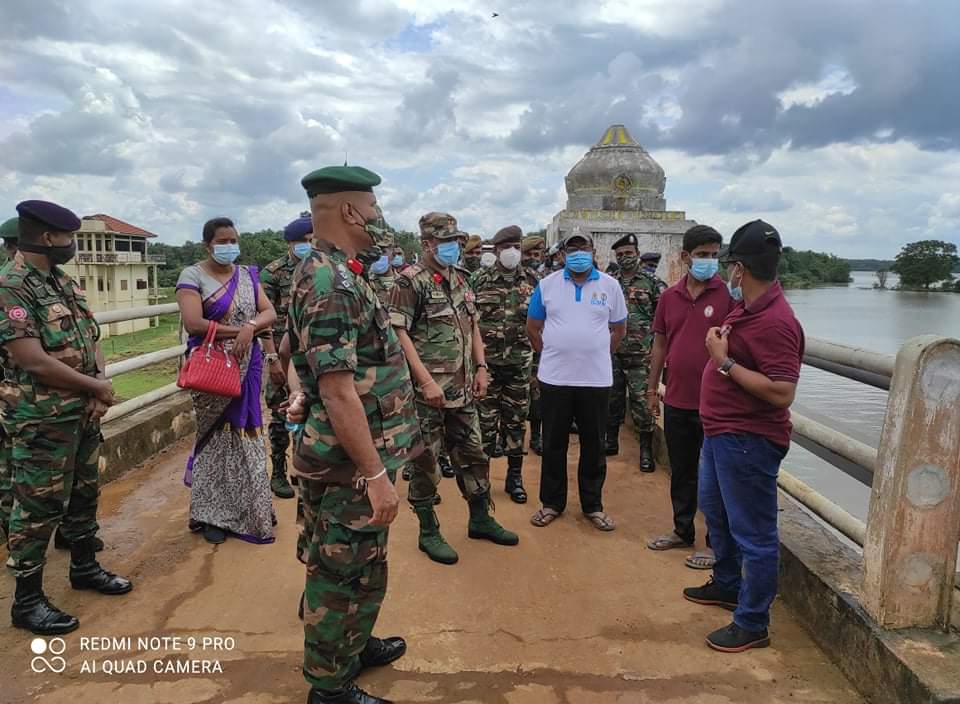
The involvement of Sri Lanka’s army in the Department of Irrigation has been strongly condemned as the military opened the four floodgates of Muttiankaddu pond in Mullaitivu on Sunday.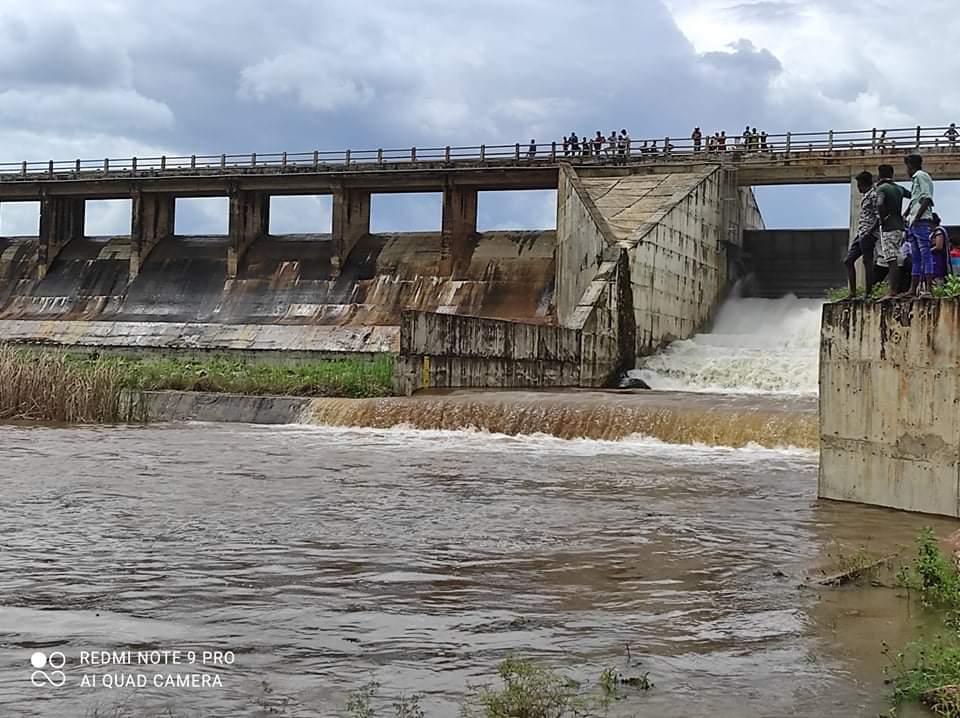
Heavy militarisation continues to impact Tamil agricultural sectors in the North-East as land grabs, attacks on Tamil farmers and military occupation of civilian spaces continue. These have had the consequence of significantly curtailing local economic development.
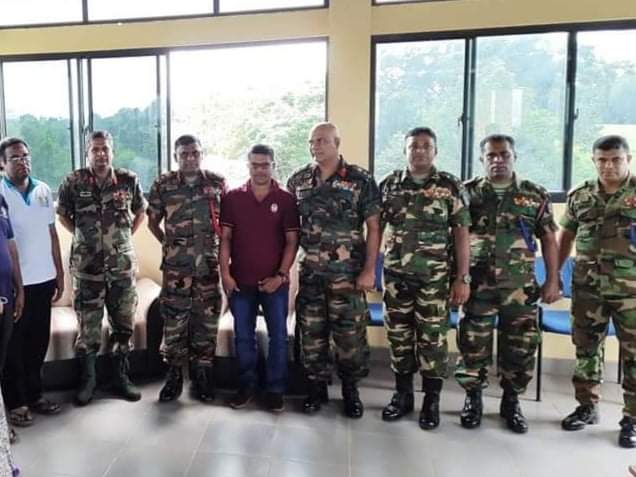
The Economist has criticised the militarisation of Sri Lanka’s economy noting that there is little reason to suspect that military men will “do a better job of running ports, reducing poverty or increasing crop yields”. They further raise concerns over accountability stating concern “the positions filled by officers have little civilian oversight”.
Read more here: Sri Lanka’s new president is putting soldiers in charge of everything – The Economist
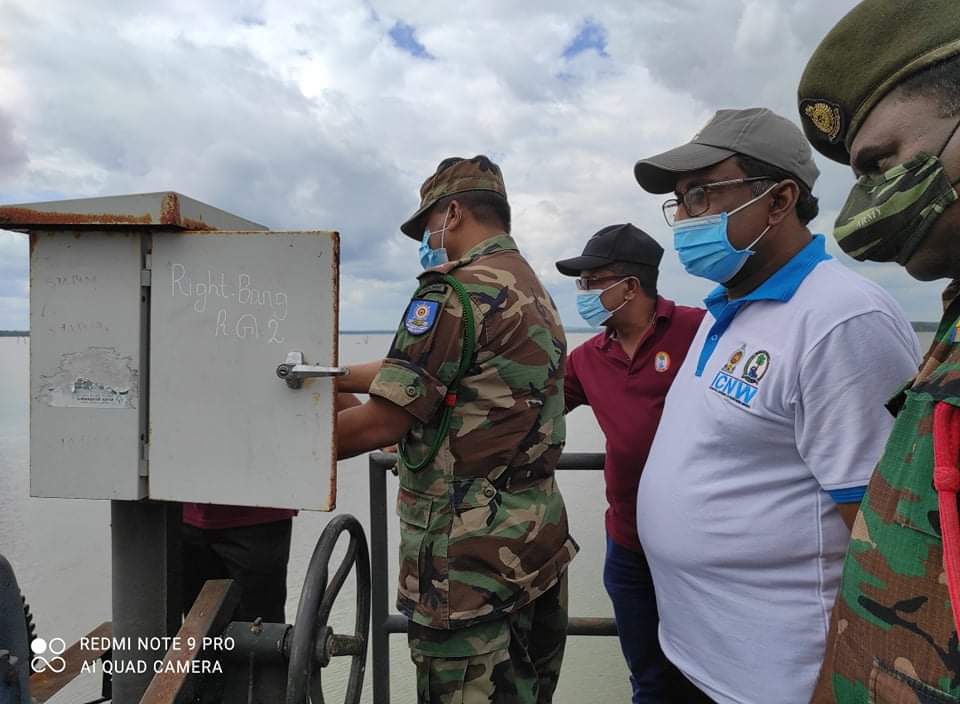
The army’s involvement was shared and criticised on social media leading to the removal of flagpoles erected by the Army.
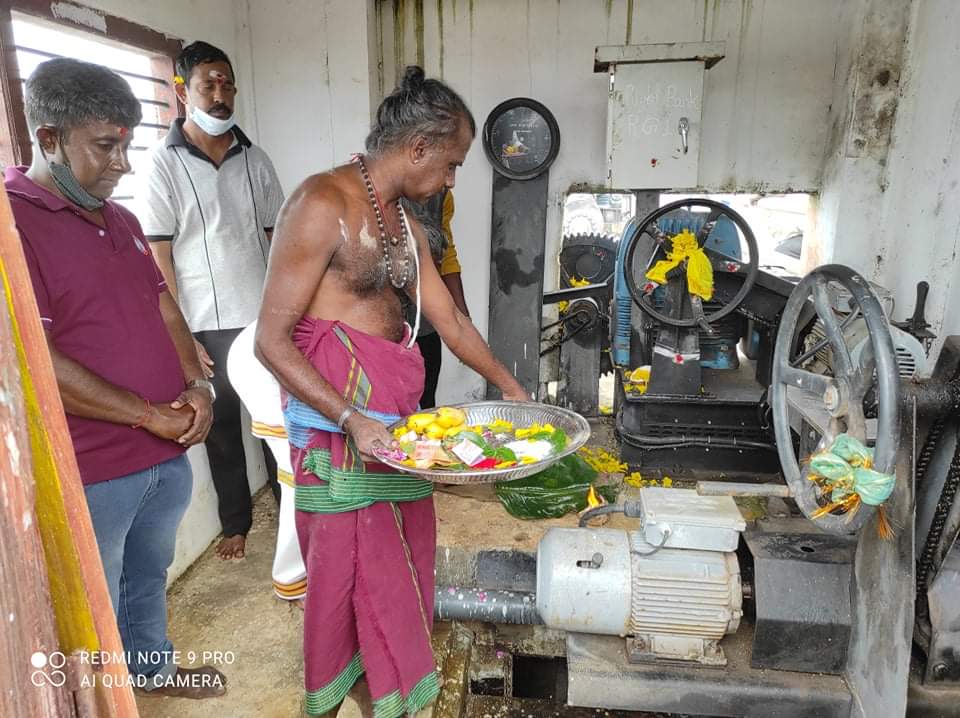
Ahead of the opening of the floodgates, Mullaitivu District Deputy Director of Irrigation and engineer N. Sudhakaran was decorating the office building and adjoining areas of the Muthuyankattu Pond Control Office along with the army.

